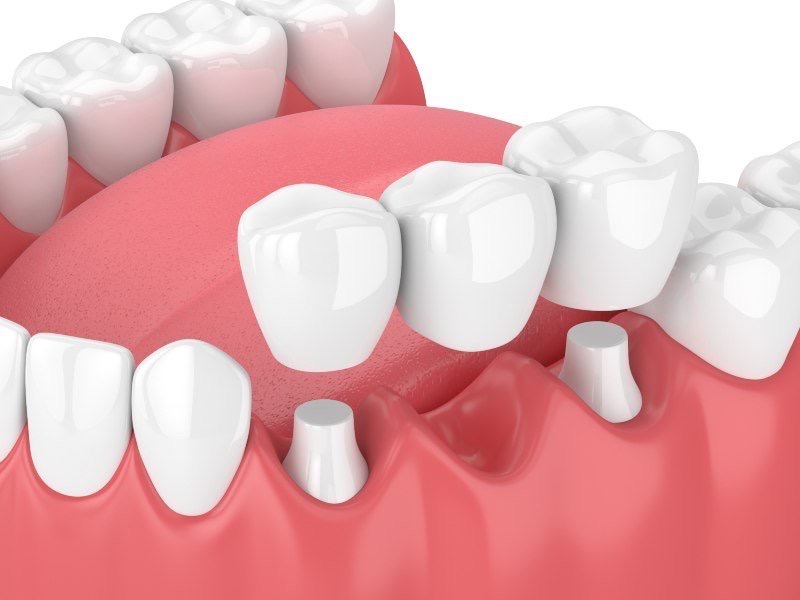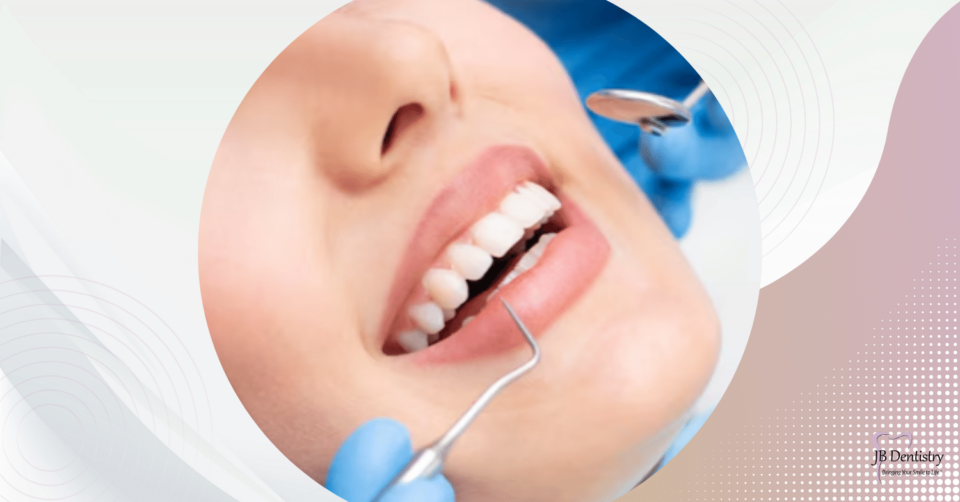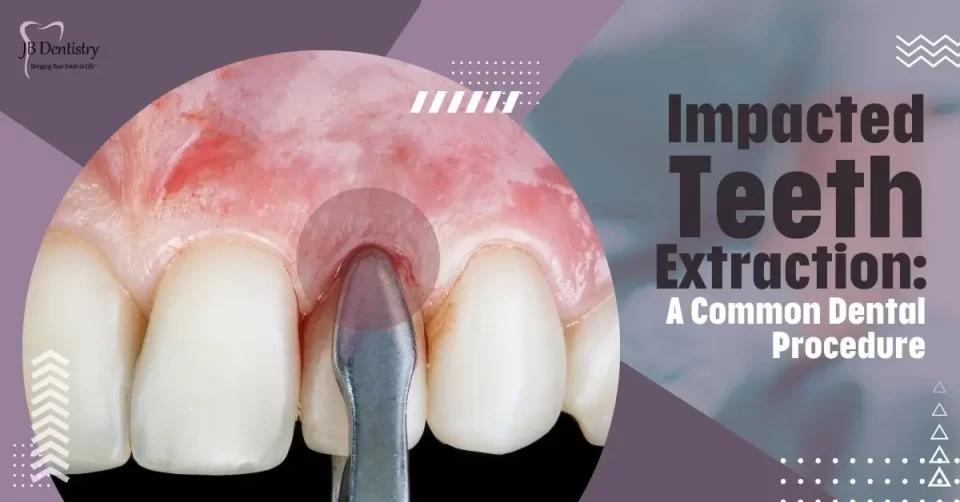Good oral hygiene is crucial for maintaining overall health, and dental care has evolved significantly over the years. However, as we become more conscious of the impact our actions have on the environment, it’s time to explore the environmental footprint of our dental hygiene practices. From toothpaste to toothbrushes, many of the products we use in our daily routines come with environmental consequences.
How Do Modern Dental Hygiene Practices Affect The Environment?
Dental hygiene is a daily routine for billions of people worldwide, with the average person brushing their teeth at least twice a day. While brushing our teeth is necessary for health, it involves a variety of materials and processes that affect the planet. The most common items used in modern oral hygiene are plastic toothbrushes, toothpaste tubes, floss, and mouthwash bottles, many of which contribute to plastic waste and carbon emissions.
Plastic Toothbrushes and Tubes
Most traditional toothbrushes are made from plastic, a material that is notorious for its slow decomposition rate. These toothbrushes can take hundreds of years to break down in landfills, adding to the growing plastic waste crisis.
Toothpaste, meanwhile, is typically sold in plastic tubes that are also difficult to recycle due to their mixed-material construction. In fact, only a small percentage of plastic toothpaste tubes actually make it into recycling programs, and the rest end up in landfills or oceans.
Non-Biodegradable Ingredients in Toothpaste
Conventional toothpastes often contain microplastics, such as polyethylene and polypropylene, which serve as abrasives or thickening agents. These microplastics are harmful to aquatic life and can eventually end up in the food chain, contributing to pollution and environmental degradation. Moreover, many toothpaste brands use synthetic chemicals, fragrances, and dyes that can pollute both water and air during production and disposal.
Dental Floss
Dental floss is another essential part of many people’s dental hygiene routines. Traditional floss is often made from nylon, a petroleum-based plastic, and comes in plastic dispensers. Since dental floss is so small and thin, it does not always get collected properly in recycling programs and often ends up as microplastic waste in oceans and landfills.
What Are The Environmental Concerns Associated With Teeth Cleaning Products?
When it comes to environmental concerns, teeth cleaning products have a significant impact. They contribute to pollution in various ways, from their production to their disposal.
Carbon Footprint of Manufacturing
The manufacturing process of common dental hygiene products, like toothbrushes and toothpaste, involves the extraction of raw materials, production, packaging, and transportation.
All these steps contribute to carbon emissions and the depletion of natural resources. For instance, the plastic used in many toothbrushes is derived from petroleum, which is a non-renewable resource. Additionally, the transportation of these products worldwide generates greenhouse gases, further exacerbating climate change.
Chemical Pollution from Toothpaste Ingredients
Many conventional toothpastes contain harmful chemicals such as triclosan, sodium lauryl sulfate (SLS), and artificial sweeteners. These substances can pollute the water supply when they wash down the drain after use. Triclosan, for example, is known to have toxic effects on aquatic ecosystems.
Even when these chemicals break down in water, they can still harm organisms and disrupt aquatic ecosystems. The widespread use of these chemicals makes it difficult to manage and prevent environmental contamination.
Excess Packaging
Packaging plays a major role in the environmental impact of dental products. Toothpaste tubes, plastic toothbrushes, and mouthwash bottles often come in additional plastic wrappers or cardboard boxes, which contribute to unnecessary waste. The sheer volume of packaging used in the oral care industry adds up quickly, leading to a significant environmental footprint.
Are There Sustainable Alternatives To Traditional Dental Hygiene Practices?
As consumers become more environmentally conscious, many are turning to sustainable alternatives to traditional dental hygiene practices. These alternatives aim to reduce waste, lower the carbon footprint, and protect both the user and the environment.
Bamboo Toothbrushes
One of the most popular alternatives to plastic toothbrushes is the bamboo toothbrush. Bamboo is a renewable resource that grows quickly and can be composted at the end of its lifespan. Bamboo toothbrushes are biodegradable, meaning they won’t contribute to plastic waste in landfills. These toothbrushes are now widely available in many stores, offering consumers an eco-friendly option without sacrificing effectiveness.
Natural Toothpaste and Tooth Powders
Sustainable toothpaste options are becoming more common, with brands offering products in recyclable packaging or compostable containers. Many natural toothpaste brands use ingredients like baking soda, coconut oil, and essential oils, which are free from harmful chemicals and microplastics. Tooth powders, which have been used for centuries, are also gaining popularity as an alternative. These powders come in minimal packaging and are typically free of artificial ingredients.
Recyclable or Compostable Dental Floss
For those who prefer flossing, there are now biodegradable dental floss options available. These eco-friendly flosses are often made from materials like silk, which can be composted after use, or recyclable materials. Some brands also offer floss in reusable glass containers to further reduce waste.
Mouthwash Tablets or Concentrates
Traditional mouthwashes often come in plastic bottles that are discarded after use. However, eco-conscious consumers can now find mouthwash tablets or concentrates that require less packaging. These products are typically packaged in recyclable or compostable materials and can be mixed with water to create mouthwash at home. This reduces both packaging waste and the environmental impact of transporting large bottles of liquid.
DIY Toothpaste
For those seeking an even more sustainable solution, homemade toothpaste is an option. DIY recipes often include simple, natural ingredients like coconut oil, baking soda, and essential oils. By making your own toothpaste, you can avoid unnecessary packaging altogether, and ensure that the ingredients are safe for the environment.
How Does Dental Waste Contribute To Environmental Pollution?
Dental waste is a growing concern, especially with the increasing amount of single-use products being disposed of improperly. Toothbrushes, toothpaste tubes, floss containers, and other dental hygiene items are often used once and thrown away, contributing to both waste and pollution.
Plastic Waste in Landfills and Oceans
One of the most significant environmental concerns related to dental waste is the plastic that ends up in landfills and oceans. Plastic toothbrushes and toothpaste tubes, as well as floss containers, do not decompose easily and can remain in the environment for hundreds of years. Every year, billions of plastic toothbrushes are discarded, contributing to the global plastic pollution crisis.
In addition to the plastics, microplastics from dental products also find their way into the oceans. Studies have shown that microplastics from toothpaste, floss, and other personal care products can be found in marine environments, where they are ingested by marine life. This poses a danger not only to aquatic ecosystems but also to humans who consume seafood contaminated with microplastics.
Waste from Dental Appointments
Dental waste is not limited to what we use at home. In dental offices, items like disposable gloves, face masks, syringes, and gauze pads are frequently used and discarded. Many of these items are single-use plastics that contribute to waste and pollution. Moreover, dental offices often use chemical disinfectants and cleaning agents that can pollute the local water supply if not properly disposed of.
Solutions to Reduce Dental Waste
There are ongoing efforts to address dental waste. Some dental clinics are switching to more sustainable materials, using reusable gloves or opting for digital x-rays to reduce paper waste. Moreover, awareness campaigns are encouraging consumers to dispose of dental products responsibly and to switch to eco-friendly alternatives whenever possible.
While modern dental hygiene practices are essential for maintaining good oral health, they also come with a significant environmental cost. From plastic toothbrushes to chemical-laden toothpaste, the products we use daily contribute to pollution and waste.
However, there are numerous sustainable alternatives that can help reduce the environmental footprint of our dental routines. By opting for bamboo toothbrushes, natural toothpastes, recyclable floss, and sustainable mouthwash options, we can make a positive impact on the environment without sacrificing our oral health.
The dental industry, along with consumers, must continue to innovate and embrace eco-friendly solutions to mitigate the environmental damage caused by traditional dental hygiene practices.
Why Choose Jaline Boccuzzi, DMD, PA // JBDentistry for Personalized and Expert Dental Care?
At Jaline Boccuzzi Dentistry, we offer more than just general dental services—we provide personalized, high-quality care that addresses your unique needs and concerns. With a focus on comfort, expertise, and advanced technology, we aim to deliver exceptional results tailored specifically to each patient.
Whether you’re in need of routine dental maintenance, cosmetic enhancements, or restorative treatments, our team is here to ensure you receive the best possible care in a warm and welcoming environment. Call us today!


